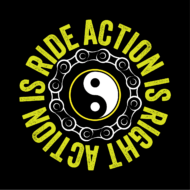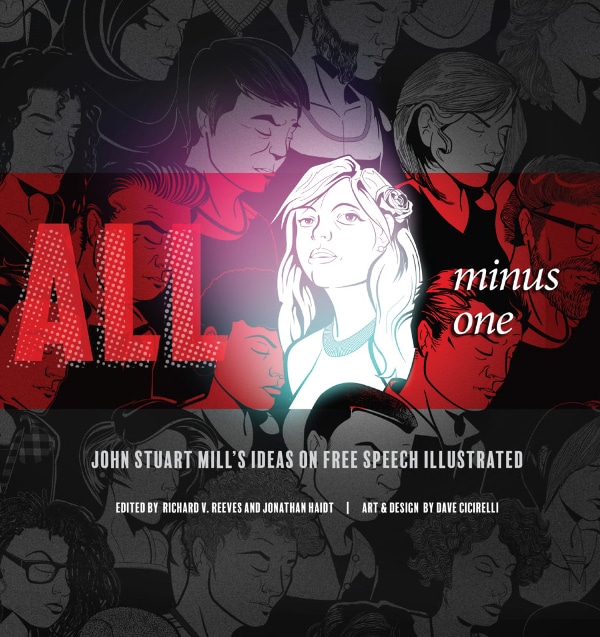https://fs.blog/jonathan-haidt/
Great stuff here from Shane Parrish over at Farnham Street on The Knowledge Project podcast. I’ve posted stuff before in relation to Jonathan Haidt and he continues to be full of insight and useful information. I’ll post a few standouts here, but the whole thing is really worth a listen – I can’t transcribe all the worthwhile commentary:
“Some people have sent me quotes from ancient Greece, where they complained about the kids today and how they don’t respect their elders, and things like that. So partly, it is a constant generational thing. But the reason why Greg Lukianoff and I think that this is so different is because, never before have the mental health statistics just gone haywire for generations so quickly. So, whatever we’re doing, kids born after 1995 have really high rates of anxiety, depression, self harm, and suicide.”
As a parent – this should be a required listen. It’s at turns informative and terrifying if you let it be, but ultimately empowering.
I’m realizing that, in some ways, I have missed the boat a bit with my older two kids and I’m almost too late with the younger two, but there’s still value and ideas to be gleaned from this discussion. I wish I’d had this podcast – and Haidt’s insights in general – like, 6-8 years ago – but, if you listen, you’ll realize that in many ways we as a society and as parents had no way of knowing then the way the internet and social media would effect kids and their mental health, it was simply new, uncharted territory.
“Any parents who are listening to this podcast, I urge you to follow a few simple rules. That is, two hours a day of screen time, not counting homework. And no social media until high school, and lots of free play outside. Let your kids out, especially by the age of seven or eight. Let them out to have unsupervised time with other kids, in a place that’s physically safe.”
These seem like, “well, duh” type revelations, but speaking from experience, I know I got very much caught up in the tendency and social pressures to over protect and shelter kids – with the best of intentions – versus how my generation was raised.
If you can imagine growing up, where in your teen years you’re always self censoring, you’re always careful, we think this is what’s happening. This is what many students tell us it’s like. They often just accept it as normal, because that’s all they’ve known. And this means we might have a generation that’s afraid to take risks, afraid to play with ideas. Afraid to challenge dominant ideas. It’s going to lead to a lot more conformity, a lot less creativity.
And much more great discussion here on learning the importance of how to disagree with people, how to engage with those you disagree with and the importance of surrounding yourself with people you disagree with and expose yourself to ideas that you might not like in order to grow as an individual which in turn makes you more of a benefit to society as a whole.

